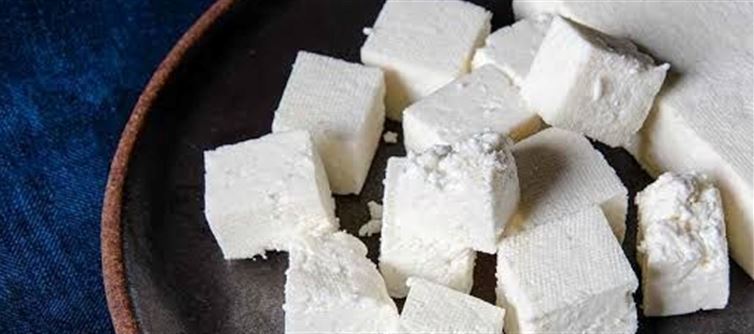
Common adulterants found in paneer include starches like maida (refined wheat flour), arrowroot, and corn starch, which are used to artificially bulk up the product and mimic the soft, crumbly texture of genuine paneer. Other harmful substances include palm oil, skimmed milk powder, and non-dairy emulsifiers, which help cut production costs. More alarmingly, chemical adulterants such as detergents, urea, caustic soda, and sulphuric acid have also been detected. These are sometimes used to enhance the curdling process or to give a false appearance of freshness and whiteness, but they pose significant health risks.
The health implications of consuming adulterated paneer are deeply concerning. While starches may only reduce nutritional value, chemicals like detergents and acids can cause serious digestive issues, poisoning, and even long-term damage to organs such as the liver and kidneys. Regular consumption of such adulterated products can weaken immunity and lead to chronic ailments. This rising trend not only threatens public health but also undermines trust in dairy products, urging stricter regulations, better surveillance by food safety authorities, and increased public awareness about identifying and avoiding adulterated paneer.




 click and follow Indiaherald WhatsApp channel
click and follow Indiaherald WhatsApp channel